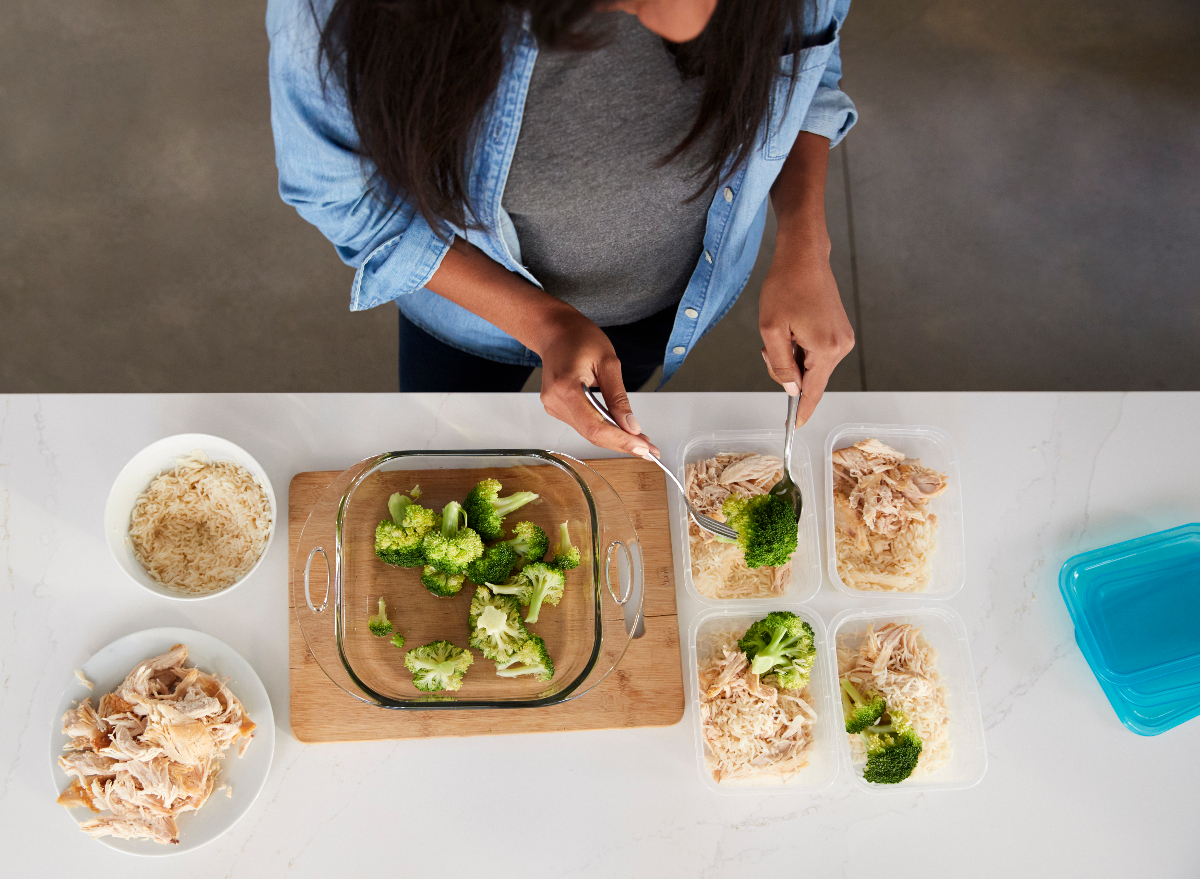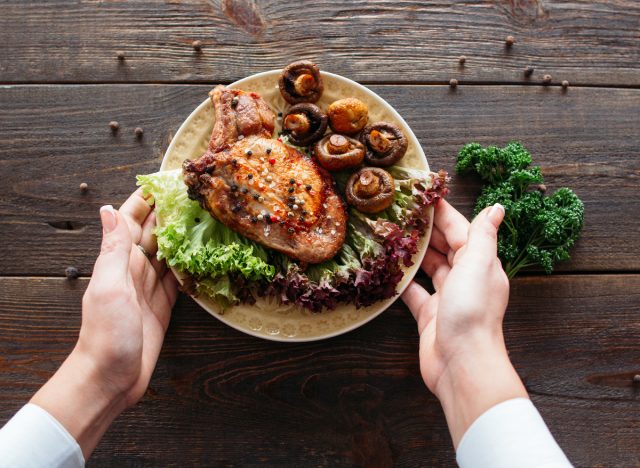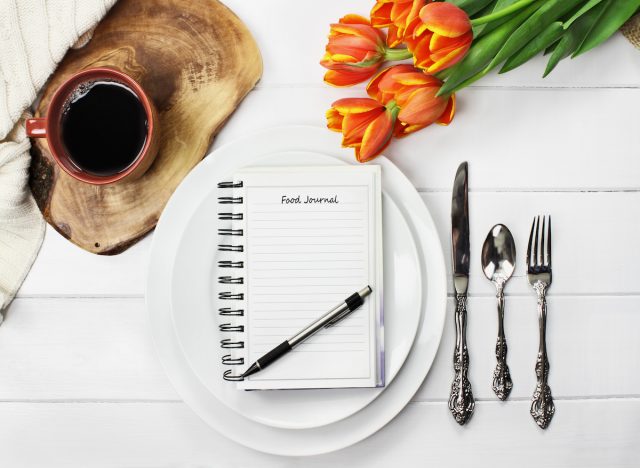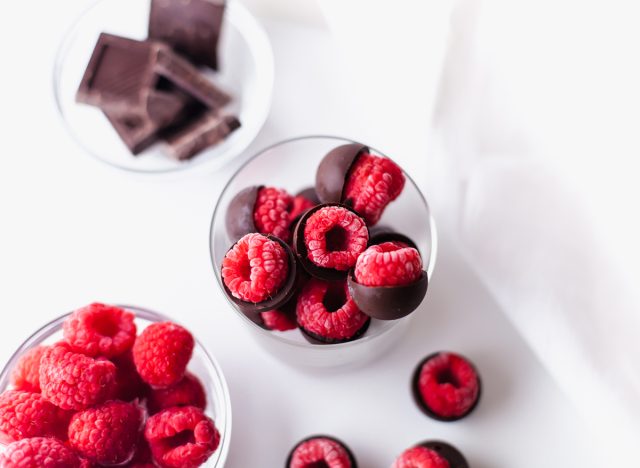5 Overlooked Weight Loss Tips That Actually Work, Expert Reveals

Picking up tips and tricks while traveling the road to weight loss is not uncommon. In fact, it can be incredibly motivating. Of course, it’s crucial to weed out the feedback that just isn’t worth the hype or won’t deliver the results you’re looking for. That’s why we spoke with Melissa Mitri, MS, RD, nutrition writer and owner of Melissa Mitri Nutrition, who shares with us five overlooked weight loss tips that actually work. Add them to your routine, and count on results you’re happy with!
According to the Centers for Disease Control and Prevention (CDC), losing weight in a healthy manner shouldn’t specifically revolve around a certain program or diet. Rather, it should be all about establishing a new way of life, complete with working out regularly, eating healthy foods, and effectively managing your stress. It’s typical to crave fast results when it comes to weight loss, but individuals who take things slow—aka drop about one to two pounds per week—are much more likely to maintain their new, healthy weight, the CDC explains.
Keep reading to learn all about Mitri’s top five overlooked weight loss tips that actually work. With dedication, patience, and consistency, you’ll be on your way to shedding excess pounds! And for more weight loss inspiration, check out You’ll Never Lose Weight if You Still Do These 5 Things, Expert Says.
Use smaller plates.

“When you have portion distortion, you eat more simply because you’re using a larger plate with more food in front of you,” Mitri tells us. “The mere act of switching to a smaller salad or appetizer-sized plate will slash calories and portions to where they need to be for weight loss, without leaving you feeling deprived.”
Get excited, because science backs this up. According to research from the Cornell Food & Brand Lab and published in the Journal of the Association for Consumer Research, using smaller plates can help decrease how much food you eat. By analyzing 56 studies, the researchers found that cutting plate sizes in half resulted in an average of 30% reduction in food consumption.
Move more during the day.
Don’t underestimate the power of adding more movement to your day. Every little bit can add up to make a major difference.
“There is so much emphasis put on scheduled exercise, but your daily movements have a big impact on your weight loss as well. This type of activity is known as Non-Exercise Activity Thermogenesis, or NEAT for short,” Mitri explains. “Studies show NEAT exercises can effectively increase your daily calorie burn and contribute to a calorie deficit for weight loss. So if you’re just focused on scheduled exercise, don’t forget to also move your body throughout the day by walking, stretching, taking the stairs, and doing things around the house.”
Keep a journal on hand.

Journaling your thoughts, progress, food intake, and habits can make you more self-aware during your weight loss journey. Plus, it keeps you on the right track to achieving your goals. “My clients who track their habits in any form are more successful, as it keeps their goals front of mind,” Mitri says.
Get sufficient sleep.
You may not know just how important getting enough sleep is when it comes to losing weight. “Sleep is hugely underrated, especially when it comes to its effect on weight loss,” Mitri points out. “A lack of sleep increases cravings and makes it more difficult to stick to your calorie goals. And if you’re skimping on sleep to get in your morning workout, it’s best to prioritize the sleep first and fit in the workout when you can.” She suggests aiming for a minimum of seven to eight hours of shuteye each night for the best results.
Enjoy a treat early on in the day.

Last but not least, you shouldn’t totally deprive yourself of the things you love most. It’s all about treating yourself at the right time, in moderation.
“When you allow yourself to enjoy your favorite treat earlier in the day, it lessens the desire for it at night,” Mitri explains. “If you deprive yourself when you really want something, that craving intensifies and you are more likely to overeat that food if you wait too long. I’ve tried this tactic with several of my clients, with all saying enjoying a treat say after lunch or late afternoon helped reduce their nighttime snacking significantly, lowering their overall calorie intake.”